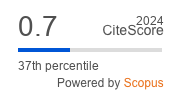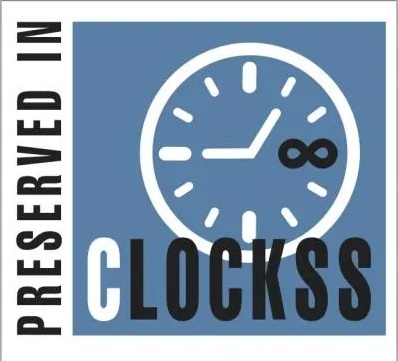Lower Ureteral Obstruction and Leakage in the First Month Following Renal Transplantation
Keywords:
Renal transplantation, Extravesical ureteroneocystostomyAbstract
Background: Transplantation has revolutionized
treatment of end- stage renal disease (ESRD) by proving
more cost effective than hemodialysis, with a lower
morbidity and improved quality of life.
Objective: To evaluate the development of these
complications in the first month postoperatively and
correlate their development to the type of donation
whether related or unrelated.
Methods: Fifty (50) patients aged (15-62) years, with a
mean age (34.46 ± 12.4 SD) years with (ESRD), who
underwent renal transplantation from September 2000 to
October 2002, were followed-up for one month
postoperatively clinically and by assessment of renal
function tests, sonographic and Doppler examinations.
Ureteral obstruction was considered in those patients who
had allograft dysfunction, ultrasonic evidence of
peritransplant collection, moderate-severe dilatation of
upper urinary tract of transplanted kidney and
postoperative ipsilateral or bilateral leg edema. Ureteral
leakage was considered in those patients who had
persistent drainage of urine with or without allograft
dysfunction. Two patients were excluded from the followup due to death in the first 24-hour postoperatively.
Results: Six (6) patients (12.5% of cases) developed
ureteral obstruction due to peri-ureteral fluid collection. In
five patients the collection decreased and upper urinary
tract dilatation improved gradually, as shown by
ultrasound, on watchful waiting. One patient had surgical
evacuation of a large hematoma. Four (4) patients (8.3%
of cases) developed ureteral leakage. The leakage stopped
in one patient after keeping the urethral catheter for a
longer period. Three patients had surgical exploration due
to persistent urinary leakage. Redo implantation of
allograft ureter was done in two cases.
Development of ureteral complications was compared
with the type of donation (related or unrelated). The
comparison was not statistically significant.
Conclusions: The development of ureteral
complications in not related to the type of donation.
Extravesical ureteral anastamosis with the use of a stent is
less likely to be associated with postoperative ureteral
complications.













